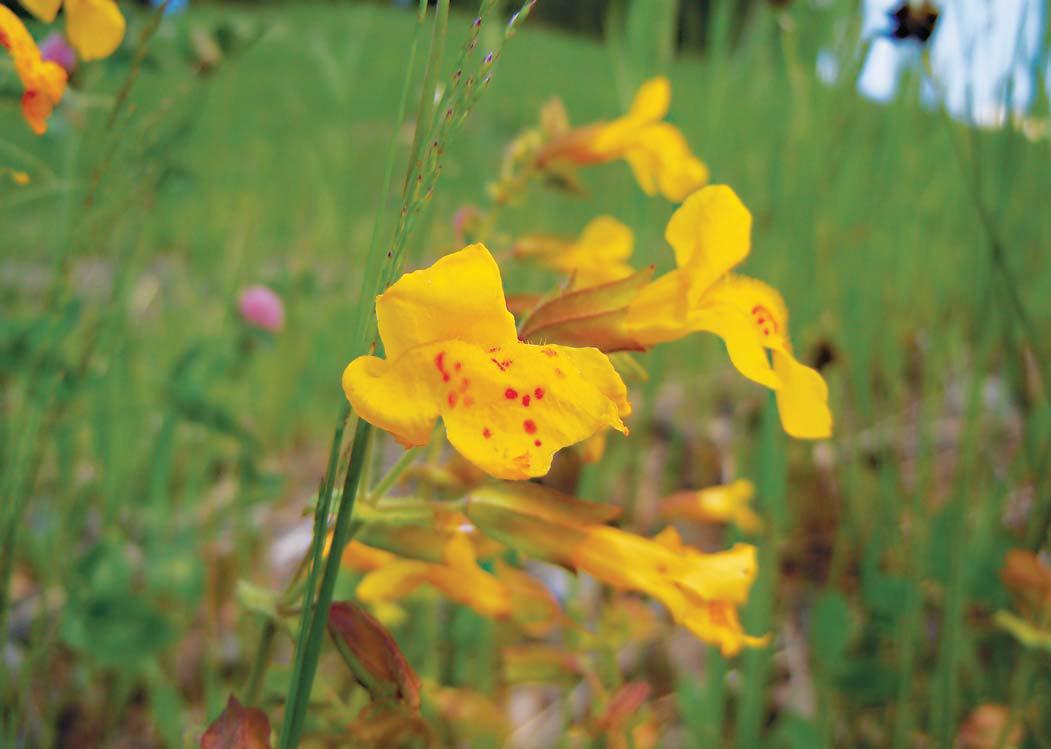
WITHOUT BUMBLEBEES, a flowering plant that can self-pollinate lost substantial genetic variation within only nine generations, an experimental study recently found.
In the study, a group of "selfing" monkeyflower plants lost 13 to 24 percent of their genetic variation compared to a group that was propagated by bumblebees. This loss could rob the plants of their ability to adapt to environmental challenges. With bee populations on the decline in nature, the findings point to serious issues for wild plants and crops that rely on these pollinators.
This story is from the November - December 2022 edition of Horticulture.
Start your 7-day Magzter GOLD free trial to access thousands of curated premium stories, and 9,000+ magazines and newspapers.
Already a subscriber ? Sign In
This story is from the November - December 2022 edition of Horticulture.
Start your 7-day Magzter GOLD free trial to access thousands of curated premium stories, and 9,000+ magazines and newspapers.
Already a subscriber? Sign In

Pot It Up
Shake up the containergarden with theseNorth America –native perennials

THE GARDEN PATH TO PERDITION
I WAS CRUISING RIGHT ALONG, feeling okay about myself, when I came across a list of the Seven Deadly Sins.
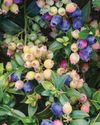
A Productive PATIO
Tiny fruit, vegetable and herb plants help gardeners maximize any sort of growing space
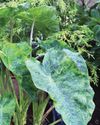
TROPICAL FUSION
A FUSS-FREE APPROACH TO USING BOLD TROPICAL PLANTS IN ANY TEMPERATE GARDEN

WINTER READING
Pass the time with any of these inspiring books
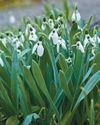
SENSING A PATTERN
Greg Coppa reflects on an odd weather year and what continued warming may mean for his Rhode Island garden
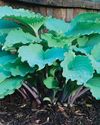
TOP-PRIZE PERENNIALS
A foliage masterpiece for shade and a late bloomer for sun

MARK WESSEL
What's new for fruit and vegetable gardeners?
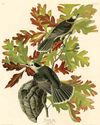
KINGS OF THE NORTHERN FORESTS
A look at the trees, shrubs and perennial plants that bolster life in Ecoregion 5
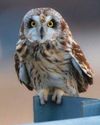
PROJECT FEEDERWATCH
Gardeners can help scientists know just where the birds are in winter